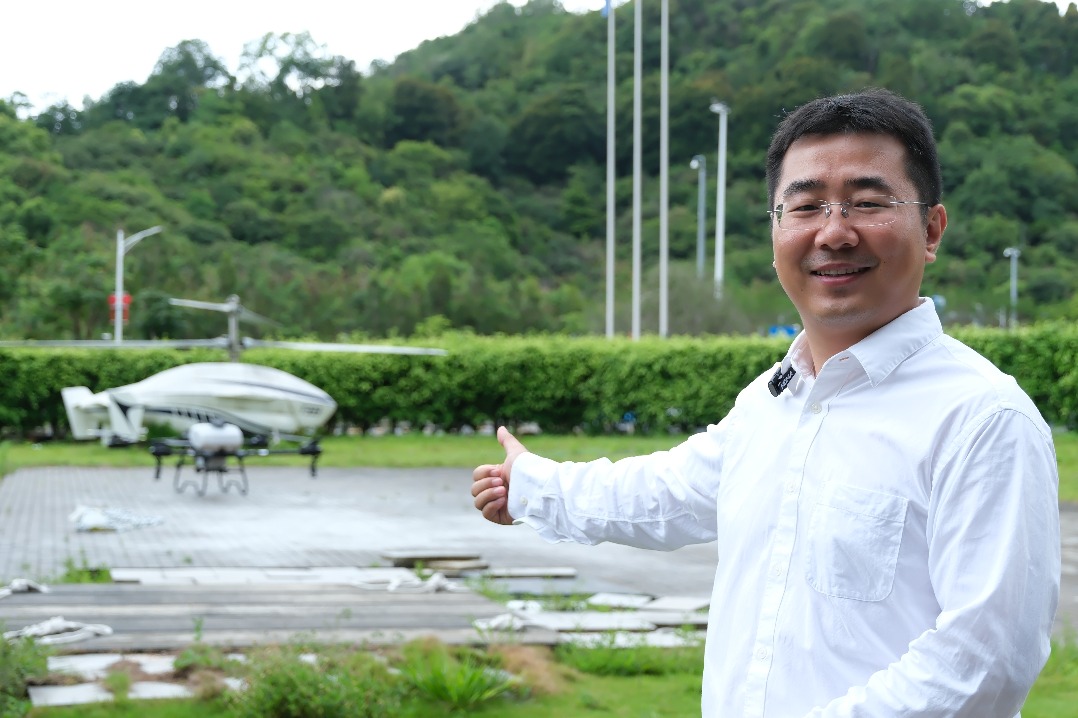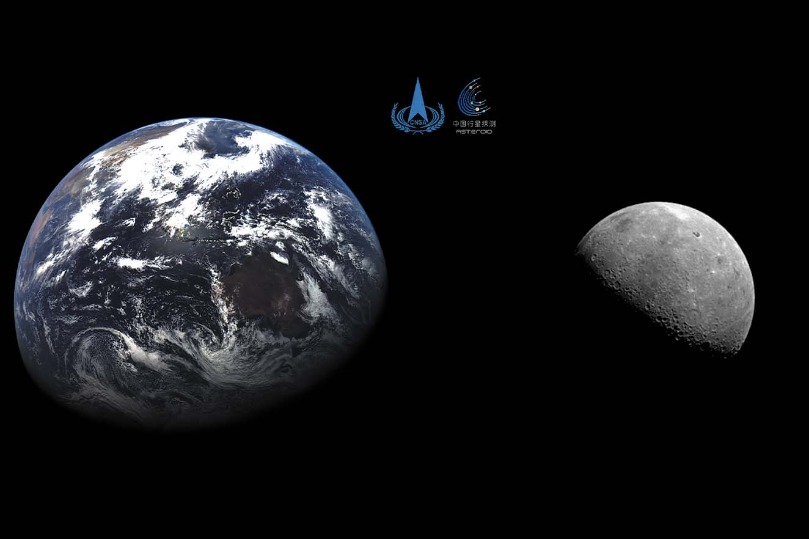Age of consensual multipolarity


BRICS+ is emerging as a catalyst for a new type of international relations to ensure diverse voices and interests are respected, contributing to a more stable and just global community
One can hardly deny that multipolarity is a defining trend in world politics today, leading the shift away from US hegemony and toward a more distributed power structure. In response, even South-South cooperation has gained momentum. As global governance evolves, the future depends on whether this conjuncture leads to a coercive form of multipolarity or what one could call "consensual multipolarity", where increased cooperation among emerging powers leads to win-win outcomes. In the context of consensual multipolarity, BRICS, which marked its 15th anniversary recently, can be viewed as a key driver in the Global South's efforts to establish a "new type of international relations".
Originally proposed by China, the "new type of international relations "framework emphasizes mutual respect, fairness, justice and win-win cooperation, aiming to build a global community with a shared future. BRICS+, aligned with these principles, is not an alliance or bloc against any adversary, but a platform for constructive dialogue and meaningful cooperation on global challenges. The 15th BRICS Summit in 2023 was a key moment in putting this framework into practice, inviting six new countries to join and reaffirming BRICS' commitment to peace, a fair international order, and sustainable development.
First and foremost, in the realm of the economy, this framework promotes a people-centered approach to global development, advocating for robust, greener and more balanced growth worldwide through inclusive cooperation and partnerships. One can readily observe that economic and financial cooperation constitutes a priority area within the BRICS's cooperation framework, aligned with the new type of international relations framework.
A strong case in point is BRICS' focus on justice and environmental sustainability. Since the Paris Agreement was signed, BRICS has shifted toward sustainable development and actionable climate cooperation, highlighted by annual summits and high-level meetings that set the direction for joint efforts. The BRICS New Development Bank also plays a role in funding sustainable initiatives, while recent BRICS declarations have underscored the importance of advancing climate cooperation. Environmental ministers' meetings also prioritize the exchange and application of green technologies among BRICS members.
BRICS has further strengthened economic cooperation through initiatives like the BRICS Exchange Alliance, established in 2011, which connects the largest stock exchanges of the member countries and facilitates cross-listing of derivatives by encouraging the use of local currencies. The BRICS Business Council, founded in 2013, focuses on resolving barriers to economic growth and promoting key areas such as green energy, small businesses and trade.
Additionally, the BRICS Interbank Cooperation Mechanism, initiated in 2010, has enhanced financial cooperation, supporting infrastructure and high-tech industries, and promoting the use of national currencies for trade and investment among member countries. Furthermore, BRICS is working on establishing its own payment system to reduce dependence on the US dollar and mitigate the impact of sanctions imposed by the United States. The group has also laid the groundwork for introducing a new currency, although its implementation awaits a political consensus among the member states.
The BRICS New Development Bank, founded in 2014 with a capital of $100 billion, has since expanded to include Bangladesh, Egypt, the United Arab Emirates and Uruguay. By 2023, the NDB approved $32.8 billion for 96 projects, focusing on infrastructure, sustainability and environmental protection in line with the ideals of the new type of international relations framework. The bank also plans to increase its lending in local currencies.
Unlike the International Monetary Fund and World Bank, the NDB operates without imposing conditions, respects national sovereignty, and features a democratic governance structure with rotating leadership, no veto rights, and equal voting shares for the founding members. Additionally, the BRICS Contingent Reserve Arrangement, established in 2015, offers liquidity support to member countries, helping them avoid turning to the IMF during crises.
In the realm of diplomacy and security, the new type of international relations framework promotes a new path characterized by diplomatic dialogue over confrontation, partnership over alliance, and win-win solutions over zero-sum games. It calls for respecting the sovereignty and territorial integrity of all nations, fostering a more stable and peaceful global order. The summit meetings of the BRICS heads of state and ministers of foreign affairs assume an important role in this area. BRICS stands for a comprehensive reform of the United Nations, particularly concerning the democratization of the Security Council, away from the dominance of developed countries.
Culturally, the new type of international relations framework underscores the importance of respecting the diversity of civilizations. It emphasizes common values shared by all of humanity, the significance of inheriting and innovating within various cultures, and the vital role of robust international people-to-people exchanges and cooperation. Notable developments include the meetings of education and science, technology, and information ministers, with the first BRICS Education Ministers Meeting held in November 2013, marking the beginning of multidimensional educational cooperation, particularly in higher education. BRICS now supports research and capacity building in higher education through platforms such as the BRICS Network University and the BRICS University League.
The outcome of multipolarity remains uncertain, as instabilities and conflicts evoke the looming threat of another world war, underscoring the urgent need for a new type of international relations to avert dangers that threaten humanity's very survival. As BRICS+ expands its influence and membership, it plays a crucial role in shaping a "consensual multipolar world" where diverse voices and interests are respected, ultimately contributing to a more stable and just global community.
The author is an associate professor of international relations and a visiting senior fellow at the London School of Economics and Political Science. The author contributed this article to China Watch, a think tank powered by China Daily.
The views don't necessarily reflect those of China Daily.
Contact the editor at editor@chinawatch.cn.


































